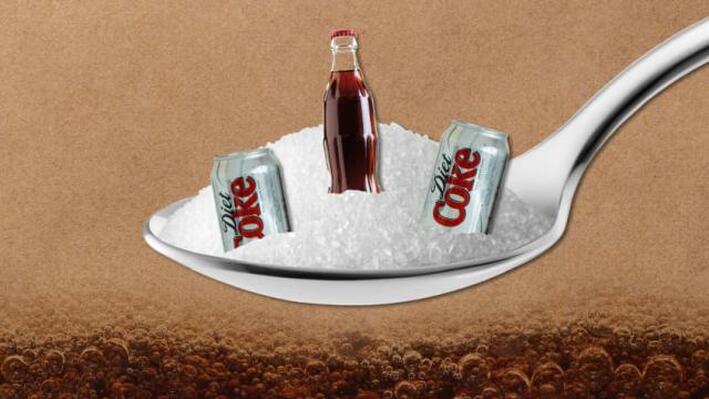The greater compliance demands in different sectors – for example, the extensive crop production record-keeping from arable growers and livestock enterprises – is pushing up the workload immeasurably.
The most time-consuming tasks seem to be associated with assurance scheme compliance such as Red Tractor, the Red Tape associated to these is increasingly tying farmers to their desks.
The survey also noted a shortage of agricultural secretaries, the average age now being in their fifties and over. Many had attended courses whilst at college but today these courses no longer exist, so it is a challenge to get ‘fresh blood’ into the industry. I would have thought there is an opportunity for agricultural colleges to recognise this vacuum and offer appropriate options to supply teams of crack Farm Secretaries to support over stretched farmers struggling to cover their whole operation. Gone are the days when spouses could take on this role as many are working off the farm to bring in additional income or running farm diversification enterprises.
The hay is now made and safely stored under cover. We now wait patiently for the dry summer to return so we can get on with harvesting the winter barley, winter wheat and eventually field beans. I have been told that once this period of unsettled weather is over in early August, we could possibly face similar temperatures as they are experiencing across Europe and beyond. Also, that it will then not rain again until November!
Let us hope the bearers of that distinctly alarming forecast are wrong.
The recent hot weather is having a marked effect on the consumption of beef. It seems when it is hot the demand for beef reduces, which is now reflected in the price we are realising for our cattle. Could I please encourage readers to increase their consumption of local grass-fed beef and lamb which is best bought at local butchers and farm shops. This would support your local farmers and businesses and ensure you are buying the very best quality home grown products to feed your families.
Waitrose’s executive director James Bailey has described as a “huge disappointment” that the Government had abandoned a planned formal consultation over bringing in new animal welfare labels for food products.
He has lashed out at ministers for shelving plans to make animal welfare labels mandatory, warning Britain risks a “race to the bottom” on standards as the scheme won’t make it onto the statute book anytime soon, leaving Britain’s farmers unprotected and at risk of being undercut by battery-caged chickens imported from the Asia Pacific region. He added: “customers deserve to know where the meat on their table comes from and how it has lived.”



 RSS Feed
RSS Feed